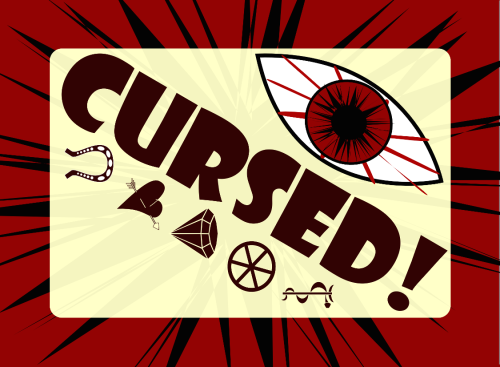Since this is the first in our Game Analysis series, a little background is in order. While we enjoy trying out new games as much as anyone else (at least, anyone else who likes games), there are some classics that we keep going back to over and over. New game reviews tend to focus on what we like, what we don’t like, first impressions, and so forth. Game analysis posts are going to feature those games we return to time and time again. We make games that we want to play. This involves both catching our attention (which we investigate by trying and reviewing new-to-us games) and holding that attention for the long term (the focus of this post and others in the Game Analysis section).

Final state of a two-player Scrabble game. Both players scored in the mid-300s.
Scrabble is a classic boardgame. For those few people who have never encountered it in one of its many iterations (classic, magnetic travel set, mobile game, flash game, etc), the rules are simple: make one or more words out of the tiles in your hand by using at least one letter already on the board and without creating any letter combinations that aren’t words. There are some nuances, but you get the general idea.
One reason the game is so popular is that anyone can play it. We played it when we were kids. We play it as adults. Our parents play it and our kids play it (though not perhaps with the strictest adherence to the rules). Anyone who knows the local language (Scrabble has apparently been published in 29 different ones) can quickly learn the rules and start forming words.
New Scrabble players start off playing words they encounter in everyday life, which is quite sufficient, since the average native English speaker knows ten to twenty thousand words [1]. For more experienced players, we’ve noticed two main types. Type A accumulates a vast lexicon of short words with unusual letter combinations not encountered in everyday speech (e.g. haen, the Scots English past participle of hae (to have), would be an unusual play in Los Angeles). Type B focuses on long and fancy words that use as many letters as possible (no, antidisestablishmentarianism will not fit on the board, it is only 15 square across). The first racks up points by forming many words with a single play, using many letters twice and thus scoring double points. The latter focuses on cramming lots of points into a single play, often with the help of a bingo (using all seven tiles from your hand at once).
If you’re looking for a game to stretch and strengthen those mental muscles, then Scrabble is a great choice [2]. It has all the benefits you’d get from an anagram or word search in the Sunday paper, plus the social interaction of playing with other people, and the added difficulty in competing against them.
In summary, Scrabble is an ESB (extra special bitter). It is part of a long, time-honored tradition with wide appeal and enough variation to find something in-style that will please most anyone. Rarely will it knock your socks off, but it is a steadfast companion on quiet evenings with good company.
Notes:
[1] E.B. Zechmeister, A.M. Chronis, W.L. Cull, C.A. D’Anna and N.A. Healy, Growth of a functionally important lexicon, Journal of Reading Behavior, 1995, 27(2), 201-212
[2] Sharon K. Bal. Leisure activity and risk of dementia scrabble, anyone? Canadian Family Physician. Jan 2004; 50: 51–53

